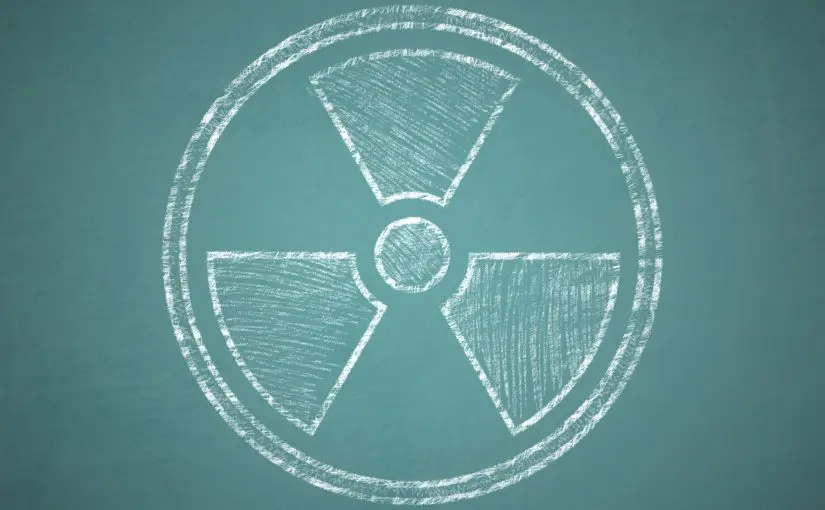Table of Contents
Do air purifiers give off radiation? The truth revealed
Air purifiers do not give off harmful radiation. While all electronic devices emit some electromagnetic radiation, air purifiers operate at levels well below safety thresholds and do not pose a health risk.
How air purifiers work
Air purifiers use filters and fans to remove pollutants from the air. Some models may also use ultraviolet light or negative ions to help clean the air. But none of these technologies emit dangerous radiation.
Types of air purifiers
| Type | How it Works |
|---|---|
| HEPA filter | Traps particles like dust, pollen, and smoke |
| Activated carbon filter | Absorbs gases like VOCs and odors |
| UV light | Kills mold, bacteria, and viruses |
| Ionizer | Emits negative ions to attract particles |
Do air purifiers emit radiation?
Some air purifiers use UV light or ionizers that could theoretically emit radiation. However, they operate well below hazard levels.
UV light air purifiers
UV light air purifiers contain a UV-C light bulb that emits short-wave ultraviolet radiation. This UV light kills microbes like mold, bacteria, and viruses by damaging their DNA and preventing them from reproducing. However, the UV light is contained inside the sealed purifier where people cannot be exposed to it. UV air purifiers do not leak harmful radiation.
Ionizer air purifiers
Ionizer air purifiers emit negative ions, which are oxygen molecules with an extra electron. These ions cause particles like dust and pollen to stick together and precipitate out of the air. Ionizers do emit some ozone, a form of oxygen that can irritate lungs at high levels. However, ionizers sold today must meet strict ozone emission standards of less than 50 parts per billion.
Are air purifiers safe?
Yes, air purifiers are completely safe when used as directed. All air purifiers sold in the US must meet Electrical Safety standards from organizations like UL and ETL. This includes limits on the electromagnetic radiation they can emit. While air purifiers give off some radiation inherent to all electronics, it is far below amounts that could impact human health.
Frequently Asked Questions
Do HEPA air purifiers emit radiation?
No. HEPA air purifiers use fans and filters to clean the air. They do not emit any harmful radiation.
Do ionizer air purifiers give you cancer?
No. Ionizer air purifiers emit ozone, but at levels far below safety limits when compliant with regulations. There is no evidence ionizers cause cancer.
Is it safe to sit near an air purifier?
Yes. Air purifiers produce less EMF radiation than other common household electronics like televisions, cell phones, and WiFi routers. You can safely sit or sleep near an air purifier without risk.
Do UV air purifiers leak UV light?
No. The UV light is fully contained inside a sealed chamber. No UV radiation can escape the air purifier.
Should you leave an air purifier on all night?
Yes, many air purifiers are designed to run 24/7. Just follow the manufacturer’s instructions. Letting it run overnight can continuously clean the air while you sleep.
Do air purifiers reduce dust?
Yes. Air purifiers efficiently remove dust, dander, pollen, and other airborne particles from the room. This helps reduce settled dust over time.
Do air purifiers help with allergies?
Yes. By removing allergens like pollen and pet dander, air purifiers can provide relief for allergy sufferers.
The bottom line
Air purifiers do not emit harmful radiation. While they generate low levels of EMF inherent to all electronics, it is not enough to impact health. Air purifiers utilize contained UV light and regulated ozone emission ionizers. When used as directed, air purifiers are completely safe.
For more information, check out this article on air purifier safety from the Environmental Protection Agency.

